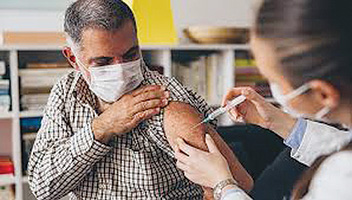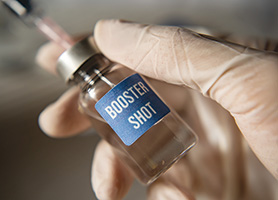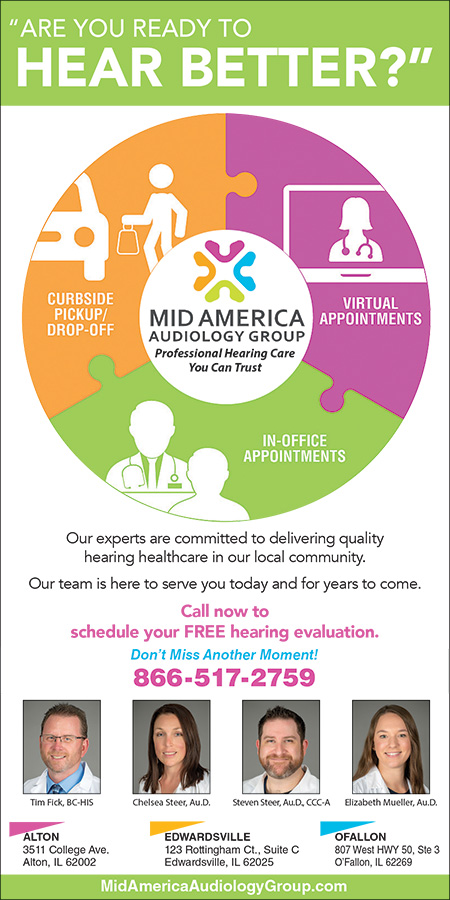Pfizer is the only vaccine maker currently authorized by the FDA for boosters
 The good news is that nearly 183 million Americans are fully vaccinated, according to the Centers for Disease Control and Prevention (CDC).
The good news is that nearly 183 million Americans are fully vaccinated, according to the Centers for Disease Control and Prevention (CDC).
However, there are concerns that the vaccine’s protection against the effects of COVID-19 begin to wane after six months and a booster inoculation may be required. But only a portion of this population can get a booster shot at this time. That’s because Pfizer is the only vaccine maker authorized by the U.S. Food and Drug Administration for boosters, so the additional doses are currently limited to the roughly 100 million Americans who were fully vaccinated with Pfizer’s product.
It’s not unusual to see this waning response. “Even highly effective vaccines become less effective over time,” U.S. Surgeon General Vivek Murthy, M.D., explained in a White House COVID-19 task force briefing. And other vaccines require booster shots to wake up the immune system, like the tetanus, diphtheria and pertussis (Tdap) vaccine.
The CDC is recommending that only some Pfizer vaccine recipients get the booster, including adults 65 and older, people living in long-term care facilities and people 50 to 64 with underlying medical conditions. The booster should be administered at least six months after completion of the primary vaccine series, so anyone vaccinated during the spring and summer should wait.
People ages 18-to-49 with chronic health issues and people over 18 whose work puts them at high risk for COVID-19 can also get a Pfizer booster, depending on their individual risk of getting COVID and the benefit another shot could provide, the CDC says.
LONGER WAIT FOR MODERNA, J&J BOOSTERS
People who initially received the Moderna and Johnson & Johnson vaccines will have to wait for their brand’s boosters to be cleared, which could still be a few weeks away. Moderna has requested FDA authorization for boosters and Johnson & Johnson is expected to do so soon.
Before a booster dose becomes available to the public, its safety and efficacy must be carefully vetted by the FDA and a panel of outside experts.
While the coronavirus vaccines can help to thwart infection (vaccinated people are eight times less likely to get COVID-19 than unvaccinated individuals, according to the CDC), their primary function is to prevent serious illness. The COVID-19 vaccines are still highly effective at doing just that — they’re keeping people out of the hospital and preventing them from succumbing to the disease. Very few fully vaccinated Americans have been hospitalized or have died from COVID-19 — about 0.009 percent, according to the most recent data.
That said, multiple studies show that some populations are starting to see protection against disease dwindle, including older adults, who account for the majority of the severe breakthrough infections. And top public health experts have said that the current protection could continue to diminish in the months ahead, “especially among those who are at higher risk or were vaccinated during the earlier phases of the vaccination rollout.”
Pfizer’s booster trial reported symptoms similar to what some people experienced after their first and second doses: temporary pain at the injection site, fever, chills, headache, fatigue, vomiting, diarrhea, and joint and muscle pain. And data presented on Sept. 22 by a vaccine safety group within the CDC’s advisory committee found that a third dose of the Moderna vaccines brought on fewer side effects than the second shot.
CAN YOU MIX VACCINES?
A lot of people are asking if they can mix vaccine brands. This is a bit of a gray area, since data is lacking on the safety and efficacy of mixing. The CDC’s recommendations for the Moderna shots, which require two initial doses, is that “both doses of the series should be completed with the same product.” And immuno-compromised people who are already eligible for a third Moderna shot are being advised to stick to the same brand the third time around, unless it’s unavailable.
A National Institutes of Health (NIH) study is underway to determine how safe and effective it is for fully vaccinated adults to receive booster shots of different COVID-19 vaccines; initial trial results are expected soon. And other research already published suggests mixing vaccines may provide a high level of protection in some, so guidelines could change in the near future.
Experts aren’t sure if the COVID-19 vaccine will be needed on a regular basis, like the flu shot. One thing that could make that scenario more likely is if we are unable to control this pandemic and continue to see surges that are requiring hospitalization and really taxing health care systems.
However, if we can control the spread of COVID-19 and bring down the levels of severe disease we’re seeing we may not need booster shots every year.
Who qualifies for Pfizer’s booster?
 The CDC recommends the following people get a COVID-19 booster at least six months after getting shots one and two in the Pfizer-BioNTech series:
The CDC recommends the following people get a COVID-19 booster at least six months after getting shots one and two in the Pfizer-BioNTech series:
- People 65 years and older and residents in long-term care settings.
- People ages 50-64 years with underlying medical conditions.
- People ages 18-49 years with underlying medical conditions, based on their individual benefits and risks.
- People ages 18-64 years who are at increased risk for COVID-19 exposure and transmission because of their occupation (health care workers, teachers, grocery store employees), based on individual benefits and risks.


